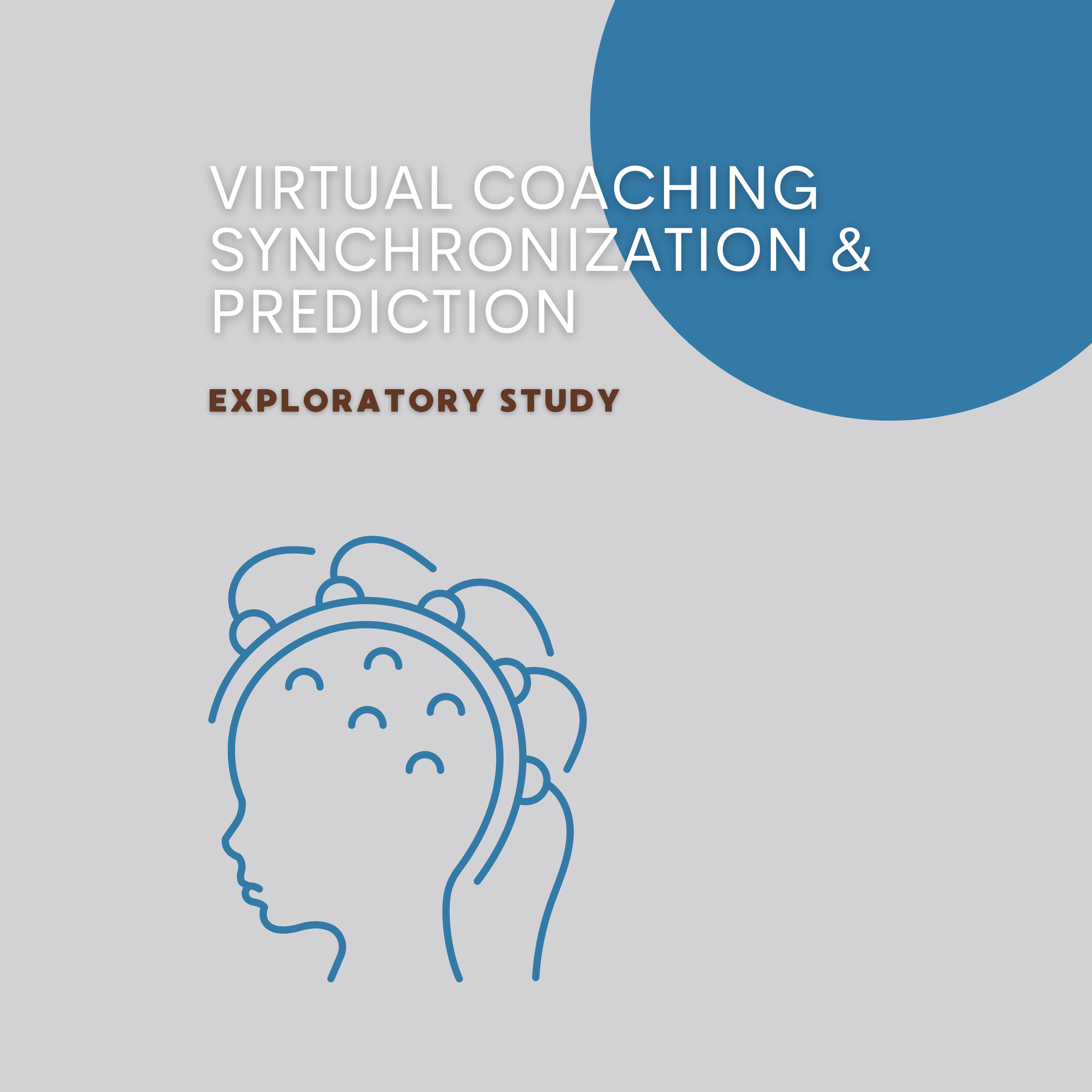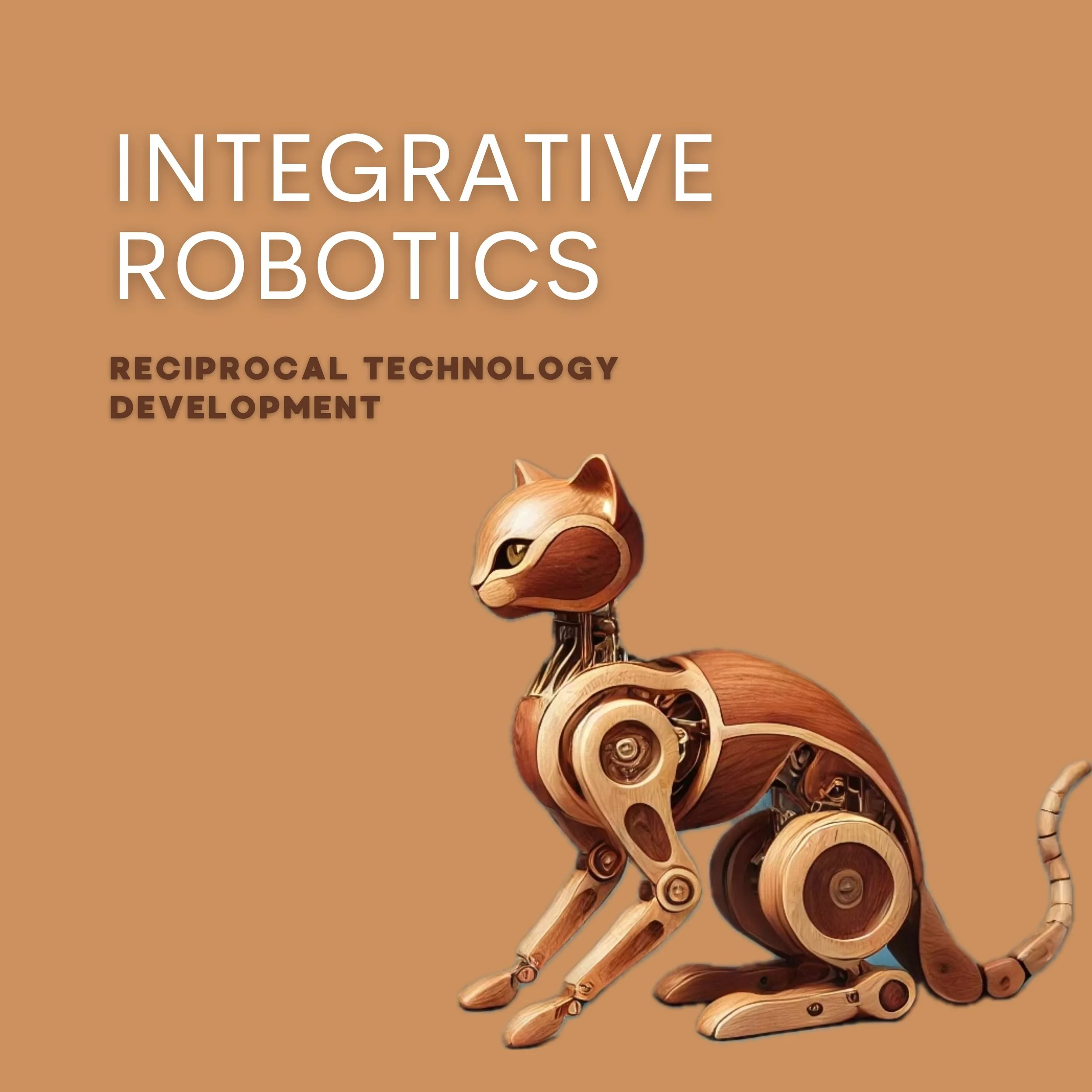PROJECTS
Darkness Therapy Institute
Darkness therapy immersion facilitation certification program
Supporting clients to be present with the wholeness of their experience while therapeutically immersed in complete or near darkness for extended periods of time.
The darkness therapy facilitator certification program for mental health professionals offers clients evidence-based and ethical standardized care while also preparing darkness therapy researchers to develop studies with greater replicability and reliability.
Darkness Therapy Research
Individual case studies, thematic analysis, and the promising studies on bipolar, anxiety, depression, stress, self-esteem, mindfulness and meaning in life call for further research on darkness therapy for clinical application. Additionally, darkness therapy research may yield novel discoveries in the fields of consciousness studies and mind-body medicine.
Coincide.Live
Studies on the impact of interconnectedness
When human consciousness becomes coherent, the behavior of random systems may change. What happens to the world around us when a great event synchronizes the feelings of thousands or millions of people?
Additionally, research shows health and health behavior in one person can influence analogous outcomes in a person’s social network. Coincide.Live engages the public in interactive experiments to examine the spread of altruism, emotions, and health behaviors along network connections online and offline.
Virtual Hyperscanning Research
This research study is exploratory, looking to identify patterns of EEG synchronization and prediction between a coach and client during a virtual coaching session.
Questions Include:
How does EEG synchrony between a coach and client evolve during a brief virtual coaching session?
How do different EEG frequency bands (e.g., Theta, Alpha, Gamma) interact and reflect the arc of the session?
Does the coach’s brain activity lead to (predict) changes in the client’s brain activity, or vice versa, during interaction?
How does functional connectivity between a coach and client differ in different phases of the session?
Integrative Robotics
Reciprocal Technology Development
Reciprocal technology development integrating data collection and analysis into the dynamic research and educational environment.
Designs include programable materials and acoustic engineering in collaboration with traditional luthiers for seamless interactive data in a learning-as-research approach.
Future Research Areas of Collaboration Interest
Other areas of interest for further study include cognitive acupuncture, biomarker identification, Internal Family Systems, interoception, altered states of consciousness in mental health and fundamental consciousness research.





